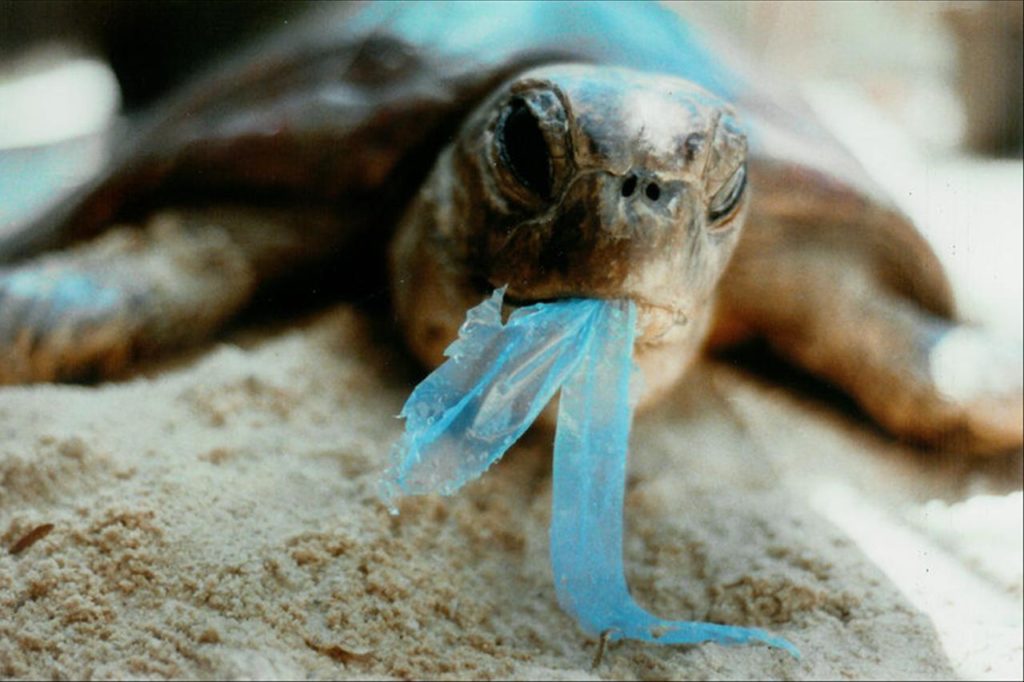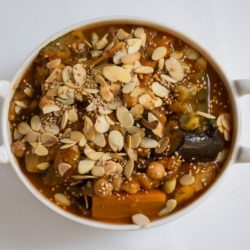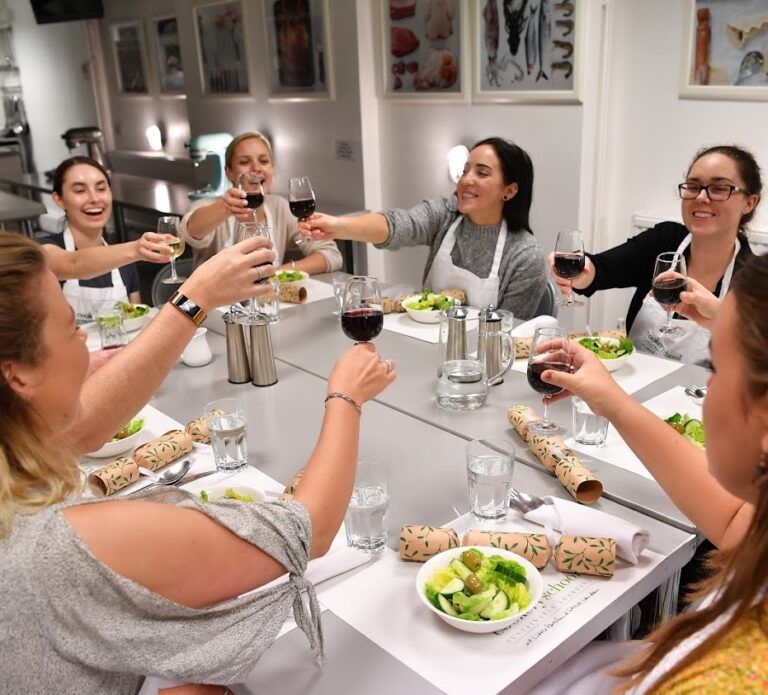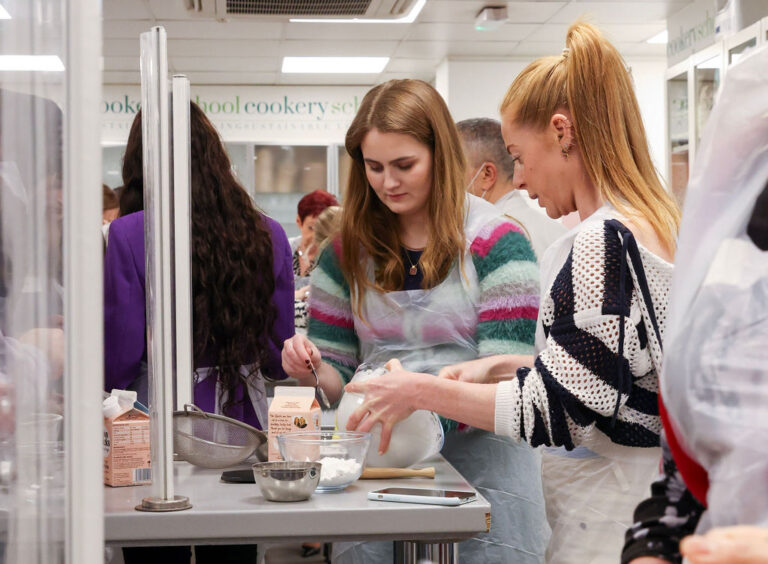Sustainable Tips for Sustainable Living
“Sustainability is highly embedded in Cookery School’s business strategy and its initiatives are among the best in the hospitality industry.”
– Sustainable Restaurant Association
Sustainable living runs through our veins, offsetting the higher cost of such things as renewable energy and eco-friendly detergents against their fundamental morals. Over 75% of ingredients are sourced locally and of organic status.
For anyone who wants to learn ways to integrate environmental practices within their food business, we run Sustainable Kitchen, an OCN accredited, one unit, one day course that addresses sustainability issues for those associated with working with food. It brings to life, in a very realistic and practical way, the issues that need to be addressed so that those who wish to implement their own sustainable practices leave us confident to do so. This could be taken by other cookery schools, for example, so that they fully understand what it takes to be sustainable. We would create a clear checklist that they would be able to take away with them.
Sustainability is not a holier-than-thou mantra but something with which we all want to engage. If you can recall how tricky recycling used to seem to us when it was initially introduced in the UK, it has now become part of what we all do quite naturally. It is exactly the same with buying of fish, chocolate, fruit and veg; use of water, electricity and plastics to name but a few items that we discuss on the course. We aim to have students understand why buying practices, for example, need to be slowly changed to make the planet a safer place now and for the future.
This course cost £400 per person which includes the marking of the work, the accreditation, a home-cooked breakfast prepared for them, teas and coffees throughout the day as well as a sustainable purchasing exercise and cooking together.

In acknowledgement of #PlasticFreeJuly and the ‘Attenborough effect’, it felt apt to share our plastic-free practices that can help in the home and in industrial kitchens. Championed as the most sustainable cookery school in London, we have been fighting the fight against single use plastics and have been ever since our inception, 15 years ago.
It’s a great comfort to see the general public pulling together to #ChooseToRefuse plastics that will consequentially be thrown away after one use, adding to the literal landslide of plastics in our ocean. Many restaurants and food businesses are pledging to make the changes that we’ve proudly had in place for a decade and a half.
Our basic tips for living with minimal plastics are as follows:
1) Cover bowls of food with plates instead of relying on the ubiquitous and toxic clingfilm.
2) Drink out of glass or reusable bottles.
3) Buy produce in bottles and tins, where possible, and return any of the plastic containers to suppliers that do make it over the threshold, for repurpose.
4) Always carry around a reusable bag. We do not provide any single use plastic bags to students to take home leftovers in.
5) Start immediately – removing the plastics currently relied on will encourage creative and resourceful thinking.
6) Pass on knowledge and plastic-free tips to everyone. Knowledge is power to be shared.
7) Don’t buy any new plastics. Strip out the demand for the industry whose profits are less than the cost to clean up our oceans.
An example of a recent change implemented within the school is to use pencils and not pens (unless they are refillable) as biros are a detrimental contributor to every-day plastic pollution.
Challenges that we still face:
1) Finding suitable containers or reusable bags for freezing food in. It’s a constant feat to discover ways to freeze leftovers to minimise food waste. Despite relentless investigation, no one seems to currently offer a suitable alternative.
2) Some cheeses like mascarpone and ricotta are delivered in plastic containers, which are washed up and re-purposed but having an eco-alternative to begin with would be advantageous.
If anyone has any tips or suggestions please do tell us on Twitter. Also to discover more sustainable terms, check out our sustainable glossary.
Category
Sustainability




